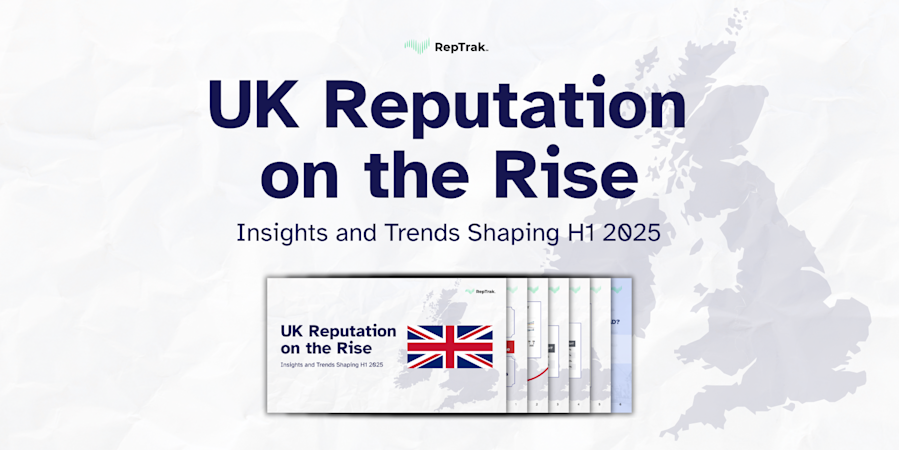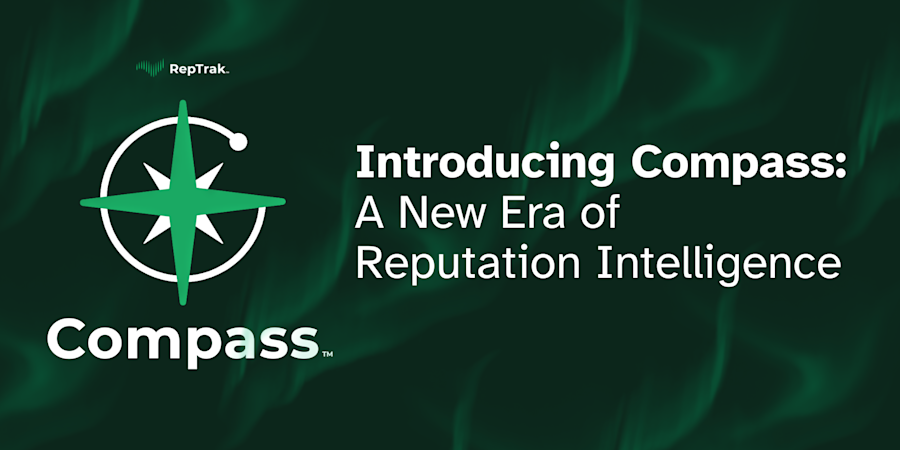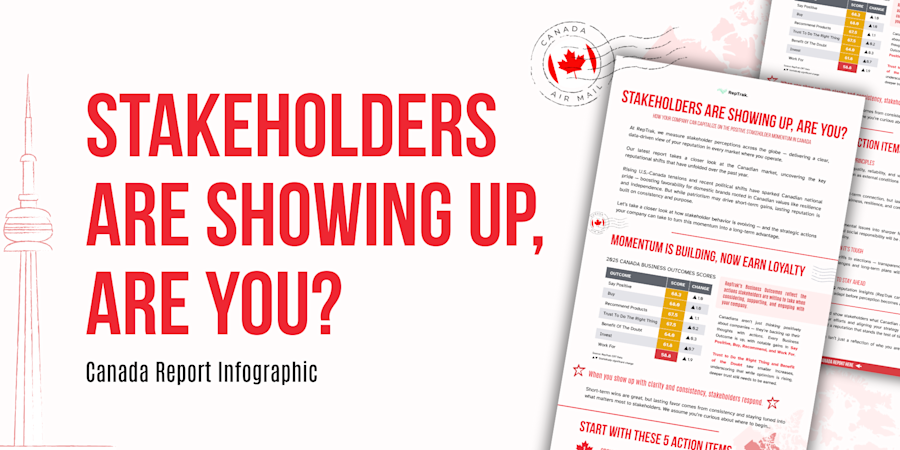DEI Presents Stakeholder Challenge for Europe's Sports Institutions
Blog Post15 Dec, 2021
The Big Idea
Organizations that neglect critical stakeholder values – and appear to do so willfully – erode their credibility. Authenticity is front and center as the English and Wales Cricket Board (ECB) finally announced the start of an investigation into the Yorkshire County Cricket Club racism scandal after the club poorly handled allegations of institutional racism. The overdue action from the ECB came too late in the face of fan protests, corporate sponsor withdrawals, and state-led action. The results of the ECB's reaction have proved definitive – insincerity and dismissiveness quickly garner backlash.
Reputation Perspective
Sporting institutions are increasingly expected to confront the same social and political injustices that big businesses are also faced with, as the public bestows more responsibility towards companies to tackle societal issues. Broadly, half of the public (49.6%) in EMEA favor companies both speaking out and acting on social and political issues. While discrete political and social issues may vary in scope – and by region – RepTrak data indicates most of the global public supports corporations weighing in on pressing cultural matters.
Reputation Context
Why is this important?
Country cricket is amid a rejuvenation in interest and status after the ECB launched "The Hundred" over the summer, a competition with a new format. The tournament was a success and saw enthusiastic, diverse viewership – even breaking the global attendance record for a domestic women's cricket match. The ECB's reluctance to act on the racism scandal and the subsequent stakeholder protests threaten to cloud this comeback. The fan-led reaction reflects stakeholder needs for organizations to demonstrate accountability with a more unwavering response.
What is the reputation connection?
The European public tends to scrutinize companies' commitment to their values and is quick to lose favorability for a businesses' social license to operate. Across the Brand Expressiveness "Appears genuine about what it stands for," the EMEA region only had 31% of advocates, compared to 35.5% globally in Q3 2021. Likewise, there were 2-3% fewer advocates in EMEA than the global average for the business outcome measures "trust to the right thing" and "benefit of the doubt."
After a year filled with global activism, corporate reputations more heavily rely on the company's social, political, and environmental responses, and those in the EMEA region are no exception. Across all three regions, EMEA has the lowest Corporate Social Responsibility (CSR) Factor Scores for "helps improve and support local communities where it operates" (65.9) and "improves people's lives through its social actions" (65.6).
Convo Starters
What steps can your company take to highlight accountability around diversity, equality, and inclusion issues?
Where can your company bolster communications to stakeholders on CSR and ESG initiatives?
How has your company addressed racial and ethnic bias in the past year? If not, how would speaking out on pressing social issues affect your reputation?






